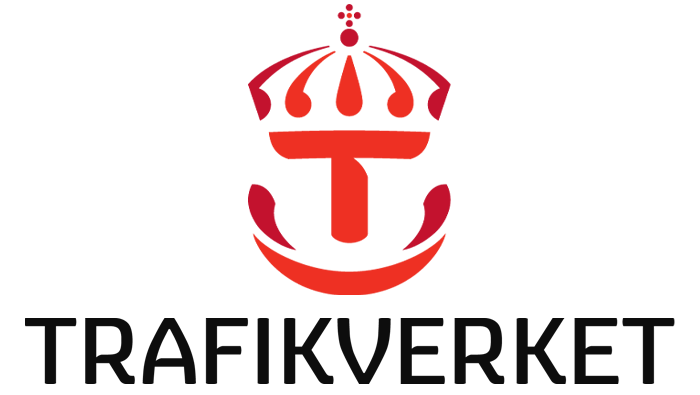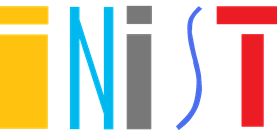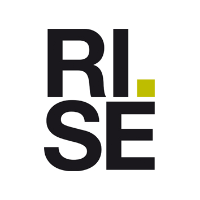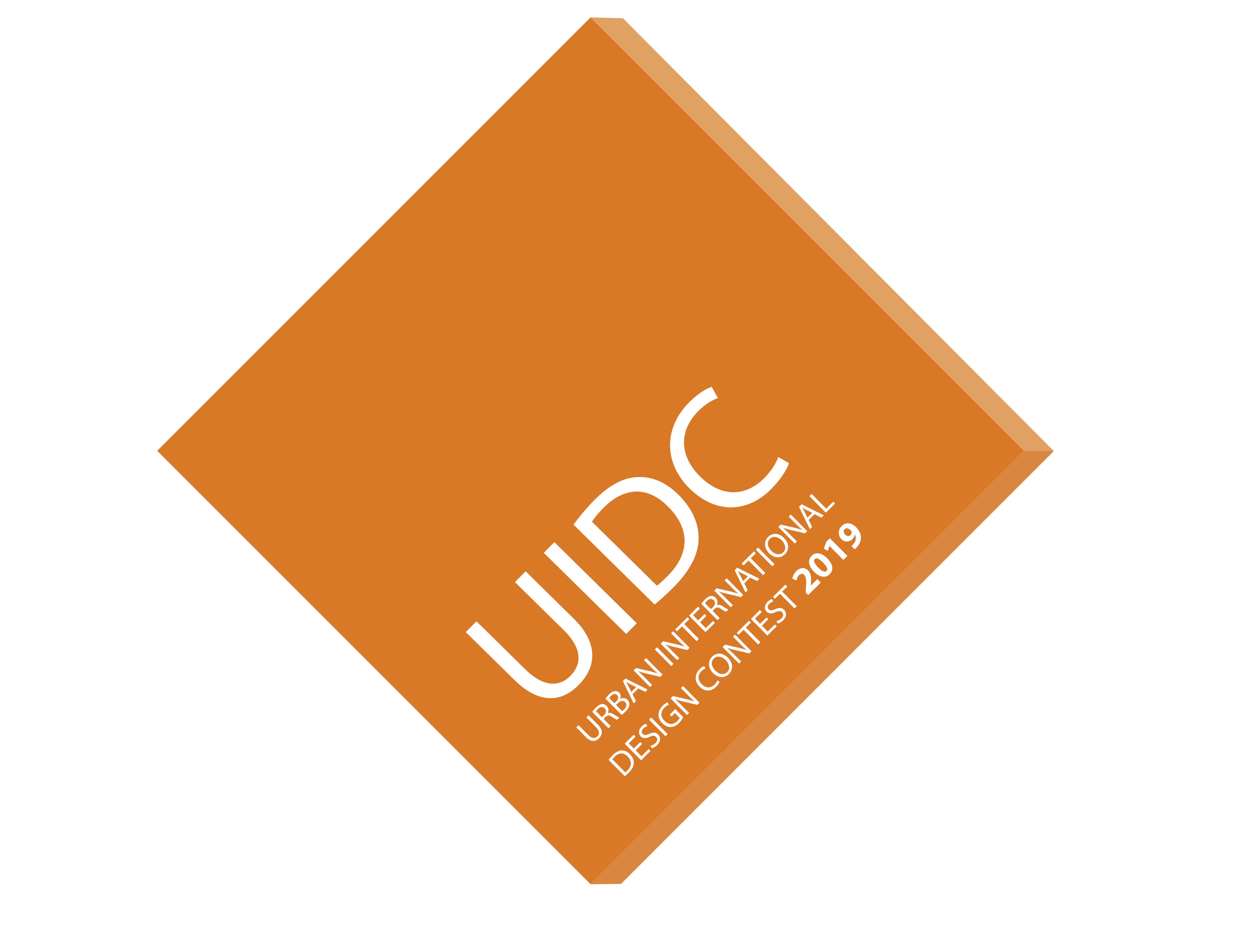The Urban International
Design Contest
The Urban International Design Contest (UIDC) is a student design competition involving cities, universities, and local sponsors. The purpose of UIDC is to empower students to educate, inspire and motivate important stakeholders to design and visualize how new modes of sustainable public transit can be utilized in the urban environment.
UIDC 2020-2021
UIDC is open to students of Urban Planning, Urban Design, Architecture, Landscape Design, Engineering, and other relevant disciplines. Each student team will partner with a sponsor, choose a local development project in need of sustainable transit, and present how autonomous shared mobility can be implemented as a solution. Student teams are expected to spend 80-200 hours on their project.
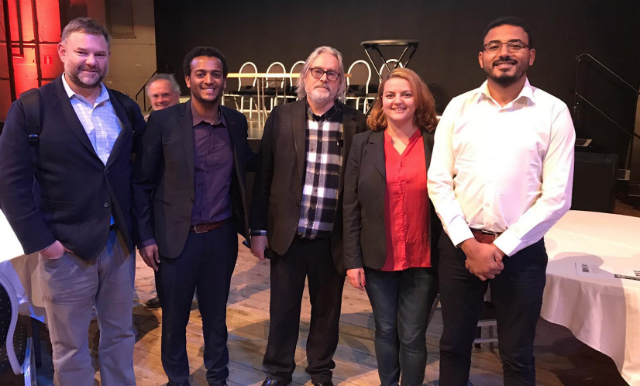
Winners UIDC 2019-2020
First place
Western Michigan University, USA
Judges’ motivation:
“Team Battlecreek have submitted a strong project report with a clear context, relevant need, great academic quality and very high feasibility. The visualization clearly explains the network and stations by guiding the viewer through a realistic, well built and thought-through environment.”
Second place
Team Kampala
Makerere University, Uganda
Judges’ motivation:
“Team Kampala shows great understanding for the city’s needs. With strong context, intermodal solutions and clear relevance they deliver a well written report with high feasibility. The visualization is captivating and creates interest and understanding through transporting the viewer into their vision.”
Third place
Southern Illinois University, USA
Judges’ motivation:
“Team Cupertino uses clever solutions and a human focused approach to address real transportation needs in the city. The report is well written, relevant, highly feasible, and well enhanced by the detailed 2D and 3D visualizations of the network.”
Previous Judges

Einar Tufvesson
Strategist
Swedish Transport Administration

Jeral Poskey
Project Manager
Transportation Planning
Google
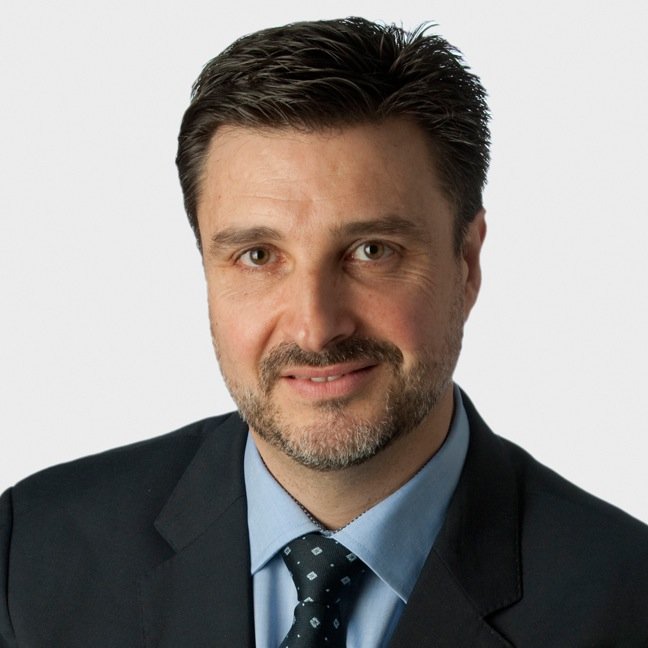
Claude Escala
Founder and CEO
Supraways
The judgeS
Judging the teams are Einar Tufvesson, Strategist at the Swedish Transport Administration, Jeral Poskey, Project Manager for Transportation Planning at Google, and Claude Escala, Founder and CEO of Supraways.



Timeline uidc
2020-2021
1. Application period
AUGUST 10, 2020 - June 30, 2021
Open for student teams to submit project proposals.
2. Project work PERIOD
VARIES BETWEEN TEAMS
The project work period will vary between teams, with most teams starting in the fall 2020.
Teams should expect to spend about 80-200 hours total on their project.
3. Mid-project deadline
Dates will vary between teams.
4. Final submissions
- A 16 pages project report
- A 3D model/visualization of your chosen project area and transit system
- A 2-4 minute video showing your project
Read more under Rules & Guidelines and see examples of previous submissions.
5. Winners announced
FALL 2021
The winning team will be invited to present their project at the Podcar City Conference* 2021 and receive a cash prize.
*Due to the Covid 19 pandemic, Podcar City 2021 may be postponed and/or hosted as an online event.
Submission format
All projects must have a transportation, energy and built environment component, and the transportation component must include either a public Automated Transit Network (ATN) or a Shared Automated Vehicle (SAV) system. Submissions are done in three parts:
1. A 3D visualization
2. A written academic report, 16 pages
3. A 2-4 minute video explaining the project
PRIZE & AWARD CEREMONY
The winning teams will share a $2500 cash prize (minus tax). The team winning first place may also be invited to present their project at the Podcar City Conference (PCC) 2021*.
*Due to the pandemic, the conference will be hosted as an online event.

Organizers
UIDC is headed by INIST, the US-based International Institute of Sustainable Transportation in partnership with the Mineta Transportation Institute, the Advanced Transit Association, The Swedish Transport Administration and RISE Institute Sweden. All work outside US is executed by 4Dialog AB in collaboration with INIST and RISE Institute, Sweden.


